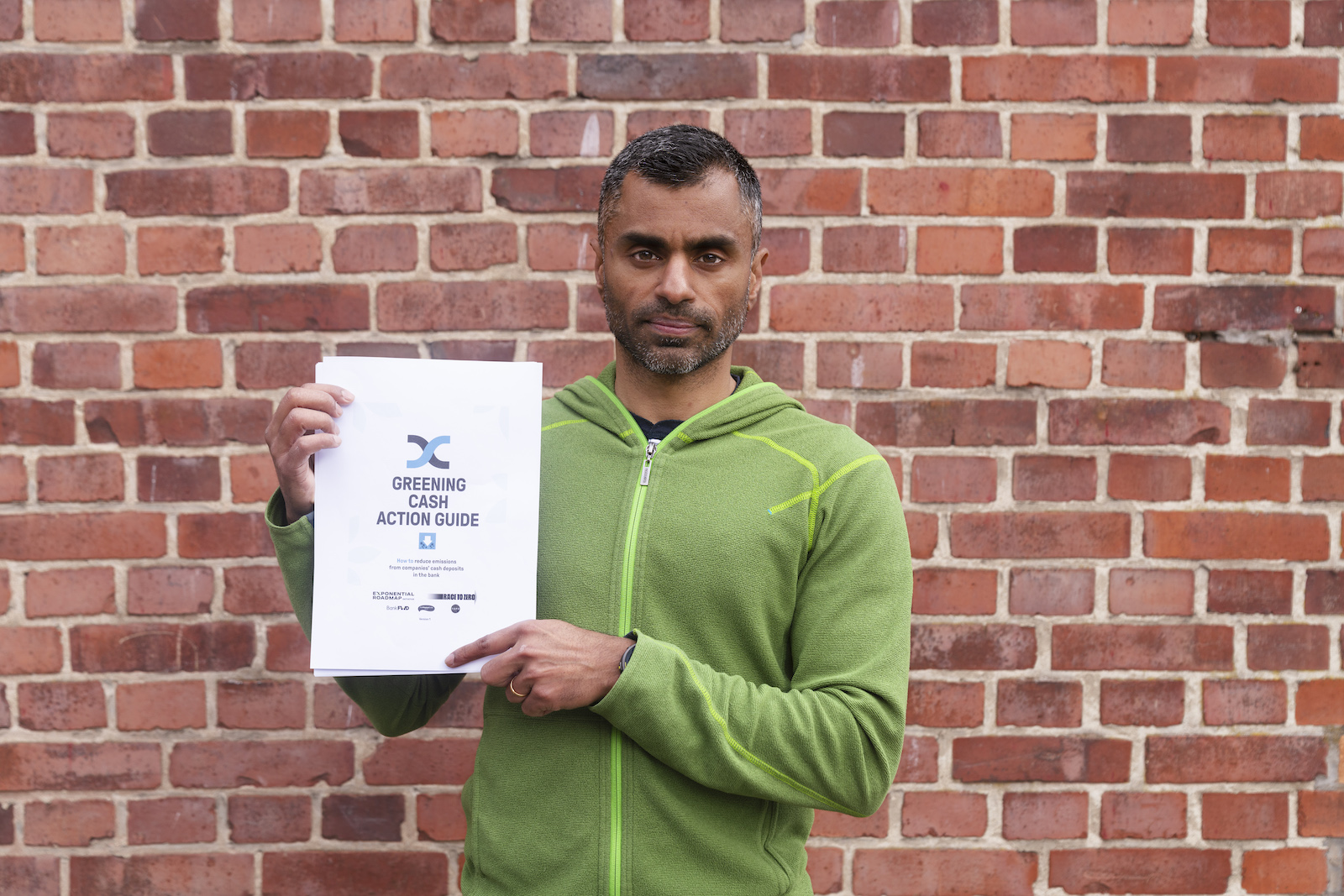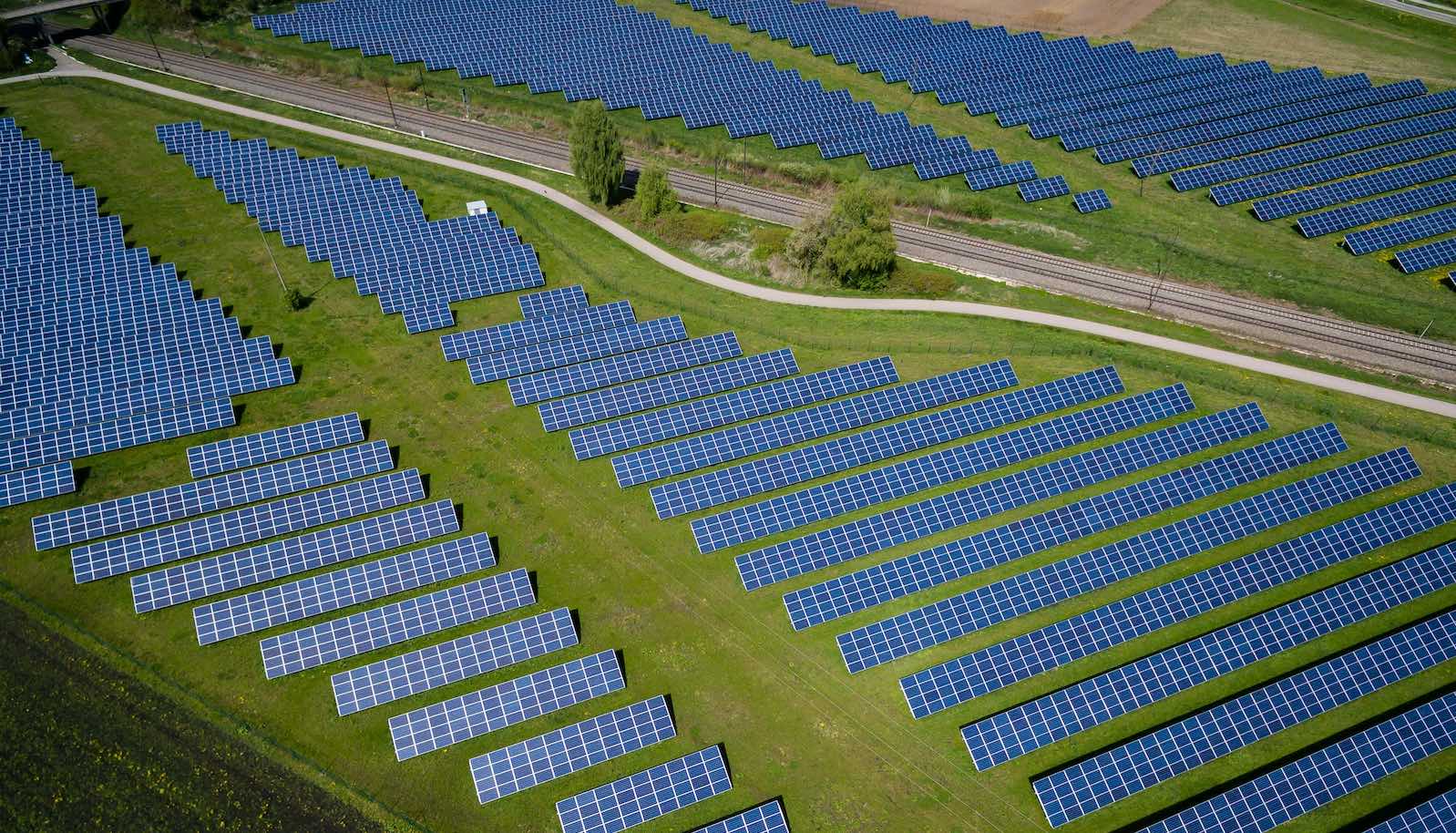Halving CO₂ emissions every ten years is crucial for limiting global warming. Below we have listed tools that can be used to accelerate the corresponding measures.
While the Paris Agreement (1) aligns with scientific findings (2) and is theoretically feasible (3), there are disparities between science-based targets and national commitments. Industries must prioritize long-term goals over short-term politics to achieve net-zero emissions by mid-century, crucial for limiting global warming to below 2°C. Decarbonization models often struggle to capture transformative changes and dynamics associated with it: disruption, innovation, and nonlinear change in human behavior. To harness these dynamics to calibrate for short-term realpolitik, Johan Rockström and Owen Gaffney from the Stockholm Resilience Center, and a team of international scientists propose a “carbon law,” halving CO2 emissions every decade already starting as early as 2020. This heuristic approach is framing the decarbonization-challenge in terms of a global decadal roadmap- and it is strong because of a common global narrative. But overall, industries as well as civil society are lacking behind and still haven’t managed to reduce emissions. Check out these examples and service providers in the Sustainability Hub, who can help you on your path to Net-Zero.

Icebug was one of the first brands to make use of the guide and CFO James Varkey is happy to endorse it. © Icebug
Icebug takes action by aligning their financial supply chain with sustainability goals. Just as material supply chains emit carbon, financial ones do too. Addressing “financed emissions” is crucial. Icebug advocates engaging financial providers, akin to efforts in material chains. The Greening Cash Action Guide provides practical steps. Endorsing the guide, Icebug implements measures to enhance bank climate practices. At OutDoor by ISPO, they’ll share insights, illustrating how companies can drive impactful change in the financial sector. “We’ve already begun implementing the guide’s measures, contributing to better bank climate practices. There’s significant potential for companies to influence the financial sector positively.”, confirms CFO James Varkey.

Exped is taking their climate commitment seriously. ©Exped, Fanenstock 2021
Urgency drives climate action. Addressing scope one, two and three emissions, Exped focuses on decarbonizing products and supply chain, prioritizing circularity. Extending product lifespan is key. Exped emphasizes on high quality, recycled materials, ecodesign and professional repair service through their own workshops around the globe. Since 2024 all Exped products carry the myclimate “Engaged for Impact” label. Exped calculates the emissions from all product categories and makes corresponding contributions to certified climate protection projects, taking full responsibility for emissions across their range and operations. The ongoing collaboration with myclimate supports this commitment.

myclimate partners with companies to avoid and reduce greenhouse gas emissions and to finance global climate action – on a path to net-zero. ©myclimate
With partners in the outdoor industry, myclimate shapes the future through advisory services, education, and climate projects. High-quality projects offer quantifiable beyond value chain mitigation and support UN Sustainable Development Goals. myclimate provides integrated climate protection consultancy, including IT solutions for eCommerce, CCFs, PCFs and LCAs, efficiency measures, the development of an overarching corporate climate strategy and support for the Science Based Targets initiative (SBTi). Impactful climate educational programs empower individuals for effective climate action at school and work with the aim of promoting effective climate protection through broader expertise.

Carbonfact is an extension of a company’s sustainability team, that helps to stay compliant with the new textile regulations such as the CSRD. ©Carbonfact
Impending legislation calls for coordinated action and thorough reporting. Carbonfact builds solutions for brands and suppliers, streamlining emission measurement, reporting, and reduction. It automates carbon accounting for GHG protocol and scopes 1, 2, and 3, especially for purchased goods. Seamless disclosure ensures compliance with EU and U.S. regulations like CSRD, DPP, and NY Fashion Act, saving time. Comprehensive product LCA offers insights into environmental impacts on SKU level, including CO2e, water consumption, and land use, even with incomplete data, empowering informed decision-making. Decarbonization modelling optimizes sustainability efforts by exploring supply chain changes and scenario analyses.

Discover how the Carbon Trust can help you with your climate progress. Meet up with apparel expert, Anna Raffaelli, at OutDoor by ISPO’s Sustainability Hub. ©The Carbon Trust
The Carbon Trust is a global climate consultancy that partners with businesses, like Halfords, to turn their climate ambition into impact. “Unpredictable weather, carbon pricing, and complex value chains are risks to current business models in the outdoor sector. Combined with rising expectations from customers, it is clear the industry is under pressure to act,” says Anna Raffaelli, Apparel sector lead at the Carbon Trust. “Making Net Zero part of business-as-usual isn’t easy. For many brands, the focus needs to be on defining ways to implement reduction measures across their value chains, mitigate risks and maximize the opportunities a Net Zero transition presents.”
Discover how Carbon Trust and Dr. Martens implement a more sustainable business model
REFERENCES AND NOTES
(1)UNFCCC,ParisAgreement(2015). (2)H.J.Schellnhuber,S.Rahmstorf,R.Winkelmann,Nat.Clim. Chang. 6, (3)649 (2016). J. Rogelj et al., Nat. Clim. Chang.
Cover Image ©Andreas Gucklhorn / Unsplash

